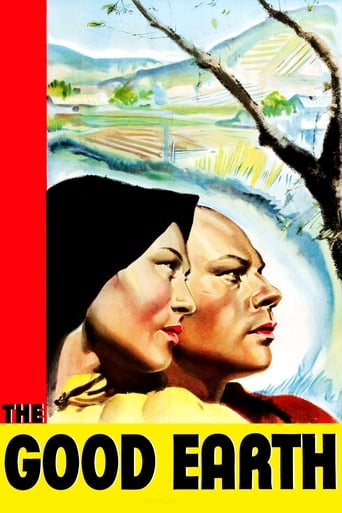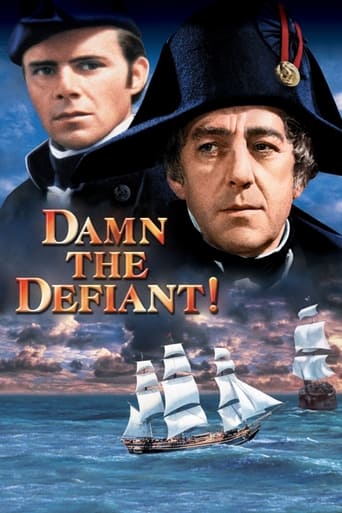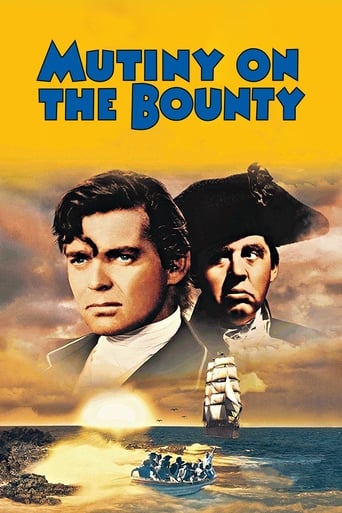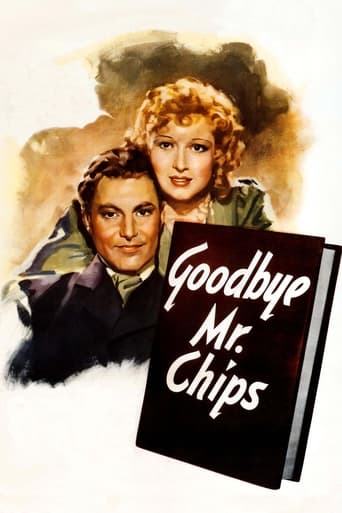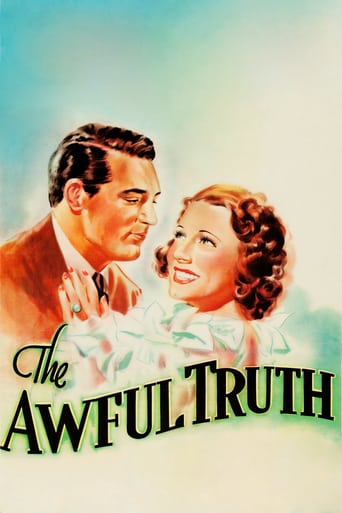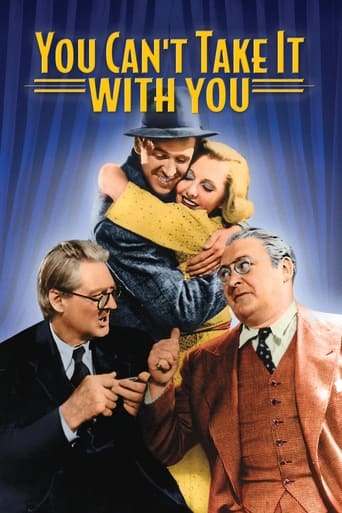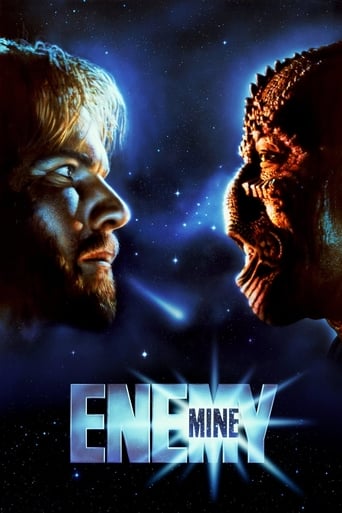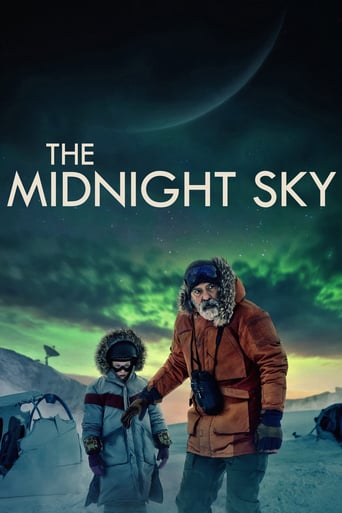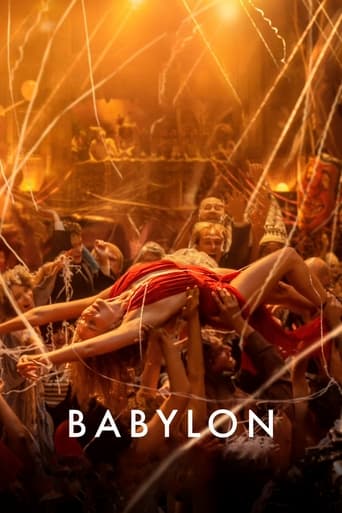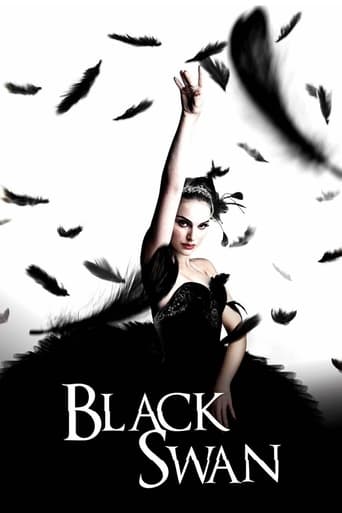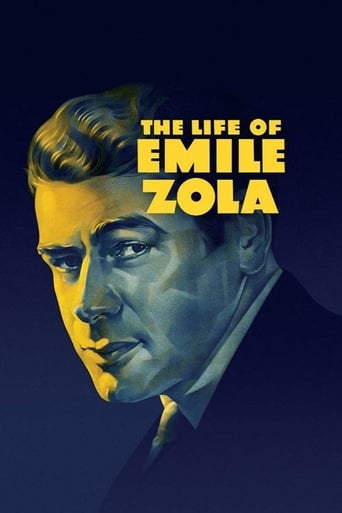


The Life of Emile Zola
Biopic of the famous French writer Emile Zola and his involvement in the Dreyfus Affair.
-
- Cast:
- Paul Muni , Gale Sondergaard , Joseph Schildkraut , Gloria Holden , Donald Crisp , Erin O'Brien-Moore , John Litel


Similar titles

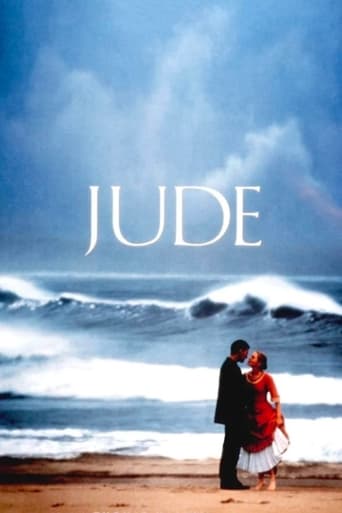
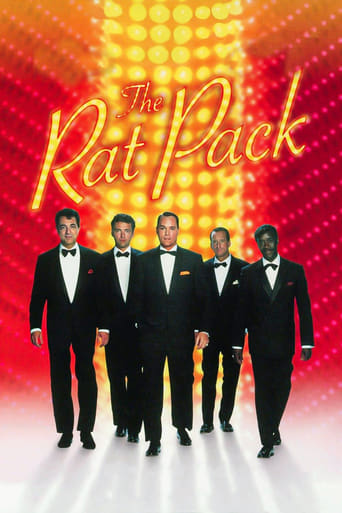
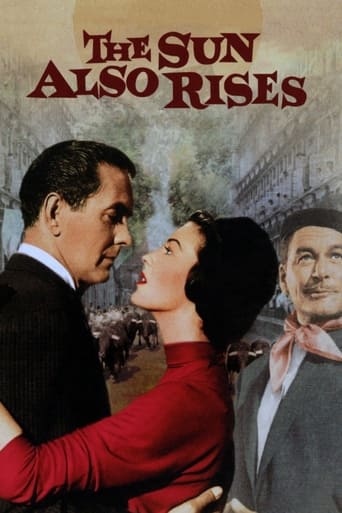
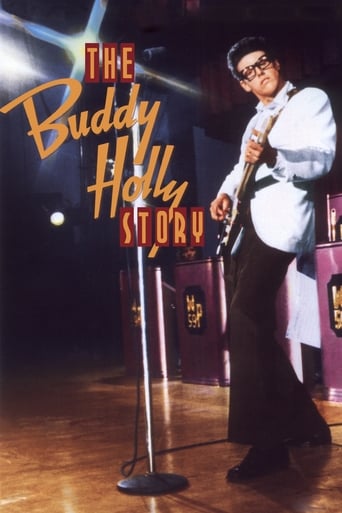
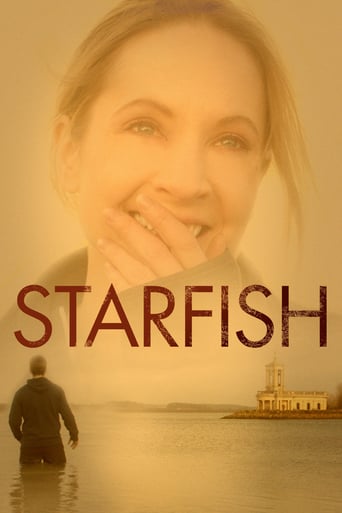
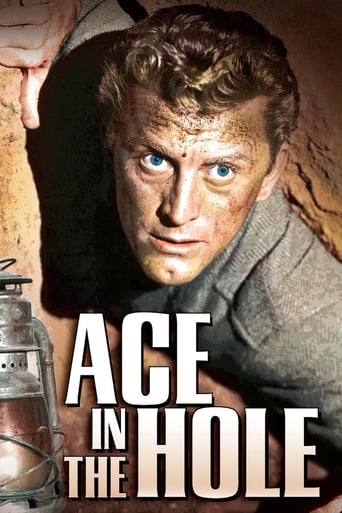
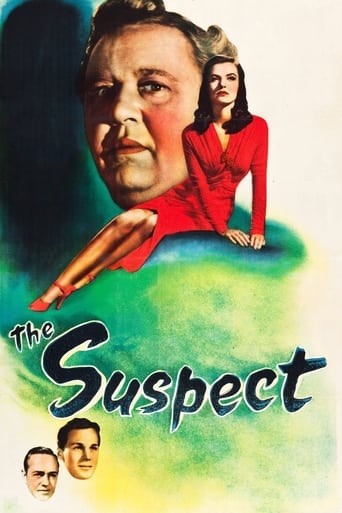
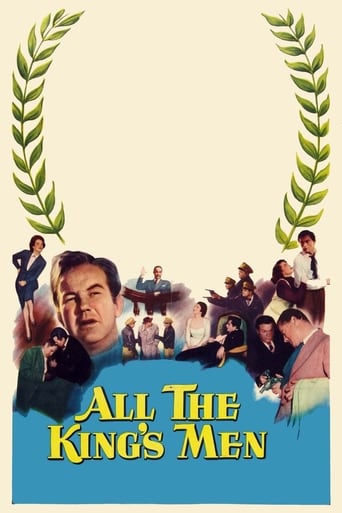
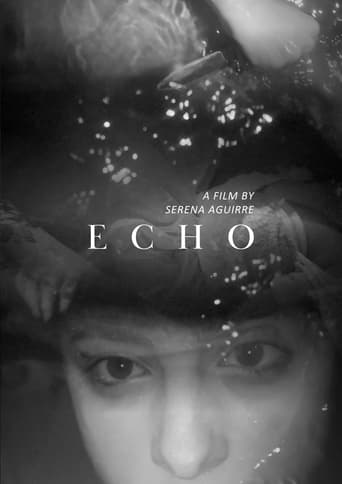
Reviews
A Masterpiece!
Good films always raise compelling questions, whether the format is fiction or documentary fact.
A story that's too fascinating to pass by...
The movie's neither hopeful in contrived ways, nor hopeless in different contrived ways. Somehow it manages to be wonderful
William Dieterle's The Life of Emile Zola (1937) is the fictionalized biographical account of Emile Zola's (played by Paul Muni) involvement in the Alfred Dreyfus (Joseph Schildkraut, in an Oscar winning performance.) affair saying for Dreyfus's wife (played by Gale Sondergaard)that it was unwise to think that Dreyfus actually was falsely accused of committing the crime of treason. Not only it talks about Zola's involvement in the Dreyfus trial, it also talks about Zola's career as an author, as well as his trial for being a traitor. One of the problems that I have with this movie is Donald Crisp's performance as Zola's lawyer, for me it is a performance that it is a little over the top, the second problem that I have with this film is that it was made in Hollywood when I really do think it should have been made in France. Zola's death in the end of this movie is what shocked me the most in the movie because it was the scene I least expected. But in the end it was an extraordinary story , it had very good acting, writing, and directing, as well as makeup. I think that the writers Norman Reilly Rane, Heinz Herald, and Geza Herczeg should have revised the Donald Crisp performance, and i really think that Jean Renoir should have gotten a grasp at directing it with all of those Hollywood people that were in this movie.
You really have to like these Warner Brothers biographical movies from the 1930s. They're in black and white, true, and they may gloss events and invent speeches a little differently from the way you and I might, but they're -- well -- they're EDUCATIONAL. You can learn basic historical facts from them. This isn't an achievement to be taken lightly, not in a country in which 28% of voters believe Saddam Hussein was behind the 9/11 attacks, or in which a substantial number of students think Watergate took place before 1900.I don't mean that the Warners' biopics were academic studies. Far from it. As here, we generally see a hero (or heroine) perform some socially disapproved of act and then being redeemed. He usually dies at the end, either with a peaceful smile on his face, his work on earth now being complete, or with a pen or a pistol in his hand, full of fight. Zola gets the pen treatment.Emile Zola, author of any number of infrequently read French novels ("Nana" may be his best known), was a famous figure at the time of this story, the end of the 19th century, when he decided to take up the cause of Alfred Dreyfus, an innocent army officer who had been convicted of treason, partly because he was Jewish.Zola and his big mouth intervene after Dreyfus is sent to "a living death" on Devil's Island. Zola writes an inflammatory newspaper article -- "J'Accuse," which the movie helpfully translates as "I Accuse" -- and provokes a suit for libel. The French Army is mostly a proud and cohesive group and although the evidence against Dreyfus was rigged, nobody wants to admit it. Do Zola's strenuous efforts pay off at the end? If they didn't, Warners wouldn't have made this movie.The formula usually remained the same, with some variations. (Sometimes the resolute hero alienates a former friend, and so forth.) Paul Muni starred in more than one of them. He overacts, but that's part of getting the MESSAGE across. When he gives a rousing speech at the trial, he huffs and puffs, he waves his hands, his chin snaps up and down like a traveling block on an oil rig, and when he's not shouting, he's hissing his lines."The truth is on the march -- and nothing will stop it!", he says confidently. I don't think Emile Zola ever said any such thing. I have doubts that anyone, at any time in the course of human history, has ever said such a thing, although they might have written it in a pamphlet or as a line of dialog in an entertaining and educational movie.Some may notice some irony in the fact that the Army convicted Dreyfus partly because of anti-Semitism but never wanted to admit it, while the movie hardly even mentions it because the studios didn't want to bring up the edgy subject.
Okay, before I begin my review, here's a quick little correction I have to make regarding my Great Ziegfeld review...twice: This film is not a Musical. I apologize for the mix-up; they have 2 things in common: A similar-sounding title (I always got them mixed up), and a specific genre they supposedly share (again, I always got them mixed up). And that genre is the Biopic, or Character Study as it were.And speaking of which, it was actually better than I thought going into this thing, but I don't know if I'd call it good. I'd certainly watch it over Cavalcade or The Great Ziegfeld, but how many times? What is it about? Well, the title is quite self-explanatory in that light, only trimmed down for our benefit (unlike Ziegfeld), but the question one should ask in this case is, who is Emile Zola? Well, Emile Zola was a French Author and his prolific writing career, including his friendship with French painter Paul Cezanne, and his involvement in the Dreyfuss Affair in which (an espionage-related scandal during the Militarized state of 19th Century France) he plays a part in until his untimely death. There's more to the story, obviously, but if you're curious, you could do one of 2 things: Research on the matter yourself, or see the movie.Now is it worth seeing? Well, I'll get to that later. The movie is written okay, it is directed okay, heck, even the acting is pretty darn good for its time. I can at least see why it won Best Picture in 1937, and it is a rather important film in the Biopic genre as it led to the Academy's recognition of the genre in a serious light. The cinematography and art direction is pretty good too (for the time), but it at least does well in the most important elements of the Character Study: The acting and the writing. However, the film, while important, is quickly dwarfed 4 years later by a film regarded as the Best ever made (which I'll cover later).With all that said and done, I would probably only recommend this film to hardcore film buffs, fans of character studies as a whole, and those who might be interested in, in more ways than one, the actual life of Emile Zola. This film does have an audience to this day; in fact, back in 2000, it was one of 25 films selected by the National Film Registry for immortalization in the Library of Congress. So it's not like the film is awful or unwatchable. Personally, it's not my thing, but people like it okay, so why ruin it for others. Take it for what it's worth; I'll give it a 6 out of 10.
The Life of Emile Zola is a good if rather bland and simplistic film biography of the famous author, with a great performance by Paul Muni. It gives the basic facts about Zola's life, even as it omits many of the social issues he confronted and fictionalizes other aspects of his life.The strongest part of the film is Paul Muni's performance. He succeeds in embodying Zola both as a young man and an older, established author, bringing a genuine sense of passion to the role. There are also good performances by Joseph Schildkraut and Gale Sondergaard. The film starts out quite well, focusing on how Zola struggled against government censors and the writing of Nana. However, the film then skips a large portion of Zola's life, signified by a series of book titles going by the screen. I would have enjoyed more information about this section of Zola's life.The plot then flashes forward to the Dreyfus Affair, handling it with middling results. Although the film makes us feel for Dreyfus and his family, it fails to deal with anti-Semitism in a meaningful way. The film only twice hints at the role of Dreyfus's ethnicity / religion in the case, once when we see the word "Jew" written on his personnel file, the second time when an effigy of Dreyfus is shown as a Jewish stereotype. Given what was going on in Europe in 1937, it would have been topical for the film to examine those issues.Also, the film fictionalizes of a number of things, particularly towards the end. It gives the impression that Dreyfus was immediately exonerated after being freed, when that actually happened several years later. Furthermore, when Zola dies, the film depicts a nation uniformly in mourning, when actually many of Zola's enemies publicly rejoiced.In the end, The Life of Emile Zola is a good classic style biopic that may seem dated and simplistic to modern tastes.

